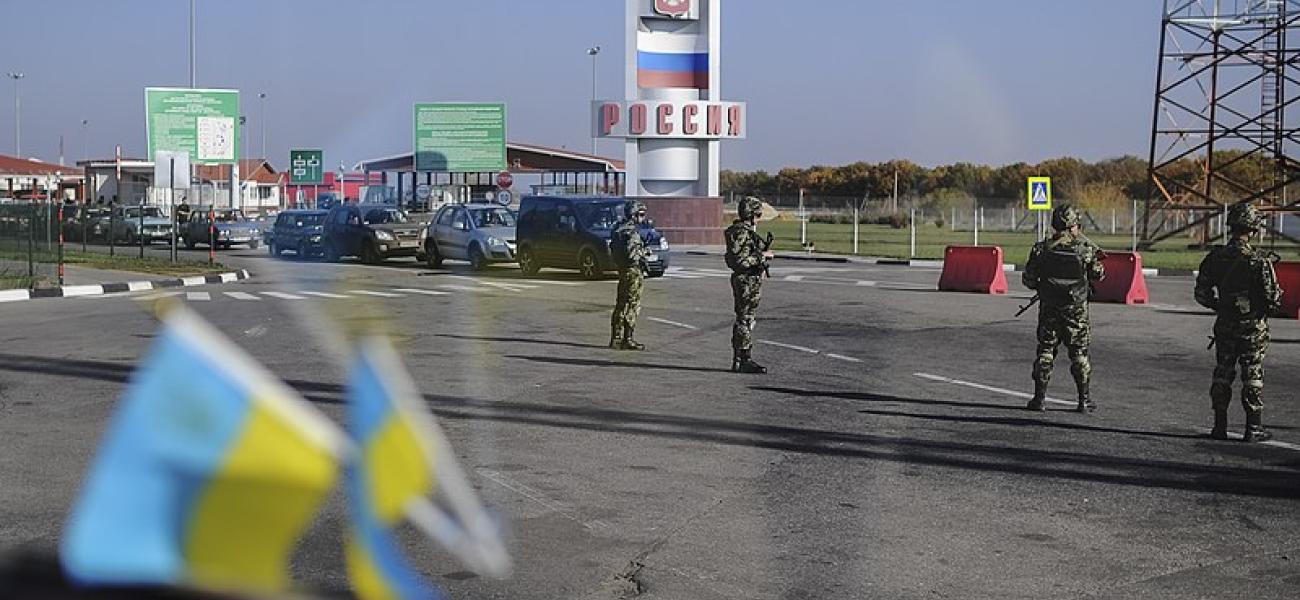
Russia Has Been Warning About Ukraine for Decades. The West Should Have Listened.
This is a summary of an article originally published by Time.
The author, a senior fellow of the Quincy Institute for Responsible Statecraft, writes that the foundations of the current Russia-Ukraine crisis originate before Vladimir Putin came to power. The author argues that Russia’s position on NATO expansion should be understandable in light of, from Russia’s perspective, the potential for further Russian exclusion from the European project, “the expansion of a potentially hostile military alliance to Russia’s borders,” the potential for enflamed ethnic conflicts on Russia’s borders and specifically in the case of potential NATO membership for Ukraine “the creation of a hard international frontier between Russia and the Russian and Russian-speaking minorities in Ukraine.” The author does not that these concerns to not justify Russia’s actions, but that is important to understand that “these Russian policies have been linked to a specific set of post-Soviet issues and Russian regional goals” and that “they are not part of some grand malign design to destroy international order.” In light of this, the author argues that there are “three possible elements to a compromise with Russia”: “a treaty of neutrality or a moratorium of 10 or 20 years on Ukrainian membership of NATO”, “a return to the (Adapted) Conventional Forces in Europe Agreement limiting NATO forces in eastern Europe and Russian forces in contiguous territories” and “internationally-guaranteed autonomy for a demilitarized Donbas within Ukraine.” The author adds that “failing at least initial moves towards such a compromise, it does indeed look likely that there will be some form of new Russian attack on Ukraine, though by no means necessarily a large-scale invasion.”
Read the full article at Time.
Anatol Lieven
Anatol Lieven is a senior fellow of the Quincy Institute for Responsible Statecraft and author of Pakistan: A Hard Country and author of Ukraine and Russia: A Fraternal Rivalry.
The opinions expressed herein are solely those of the author. Photo by the Cabinet Ministers of Ukraine shared under a Creative Commons license.
